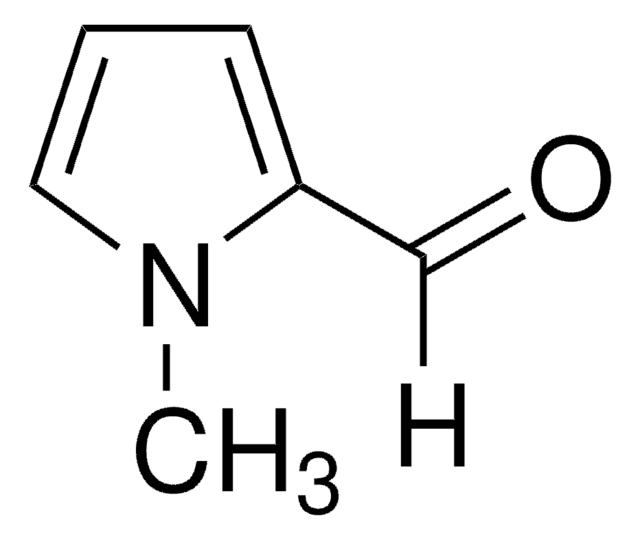241369
2-Phenylpropionaldehyde
98%
Sinónimos:
2-Phenylpropanal, Hydratropaldehyde
Seleccione un Tamaño
59,90 €
Seleccione un Tamaño
About This Item
59,90 €
Productos recomendados
Nivel de calidad
Ensayo
98%
Formulario
liquid
índice de refracción
n20/D 1.517 (lit.)
bp
92-94 °C/12 mmHg (lit.)
densidad
1.002 g/mL at 25 °C (lit.)
grupo funcional
aldehyde
phenyl
temp. de almacenamiento
2-8°C
cadena SMILES
[H]C(=O)C(C)c1ccccc1
InChI
1S/C9H10O/c1-8(7-10)9-5-3-2-4-6-9/h2-8H,1H3
Clave InChI
IQVAERDLDAZARL-UHFFFAOYSA-N
¿Está buscando productos similares? Visita Guía de comparación de productos
Aplicación
Código de clase de almacenamiento
10 - Combustible liquids
Clase de riesgo para el agua (WGK)
WGK 1
Punto de inflamabilidad (°F)
174.2 °F
Punto de inflamabilidad (°C)
79 °C
Equipo de protección personal
Eyeshields, Gloves, type ABEK (EN14387) respirator filter
Elija entre una de las versiones más recientes:
Certificados de análisis (COA)
¿No ve la versión correcta?
Si necesita una versión concreta, puede buscar un certificado específico por el número de lote.
¿Ya tiene este producto?
Encuentre la documentación para los productos que ha comprado recientemente en la Biblioteca de documentos.
Los clientes también vieron
Filtros activos
Nuestro equipo de científicos tiene experiencia en todas las áreas de investigación: Ciencias de la vida, Ciencia de los materiales, Síntesis química, Cromatografía, Analítica y muchas otras.
Póngase en contacto con el Servicio técnico










